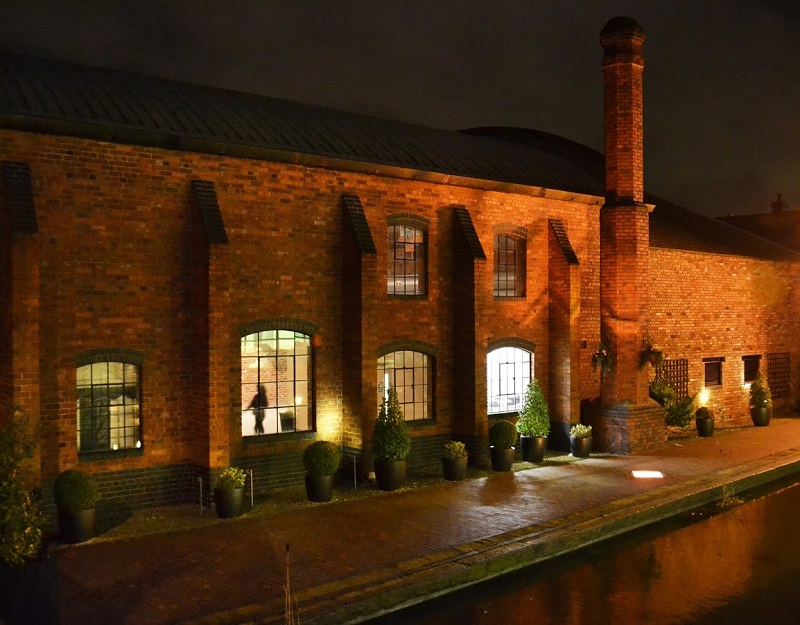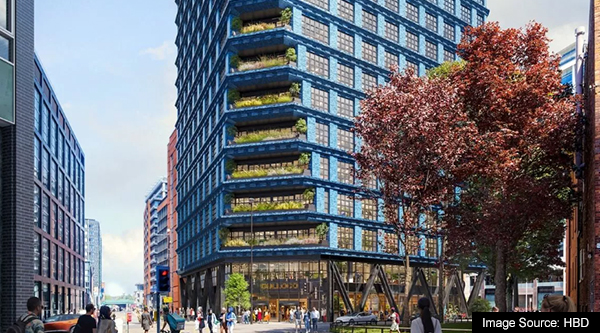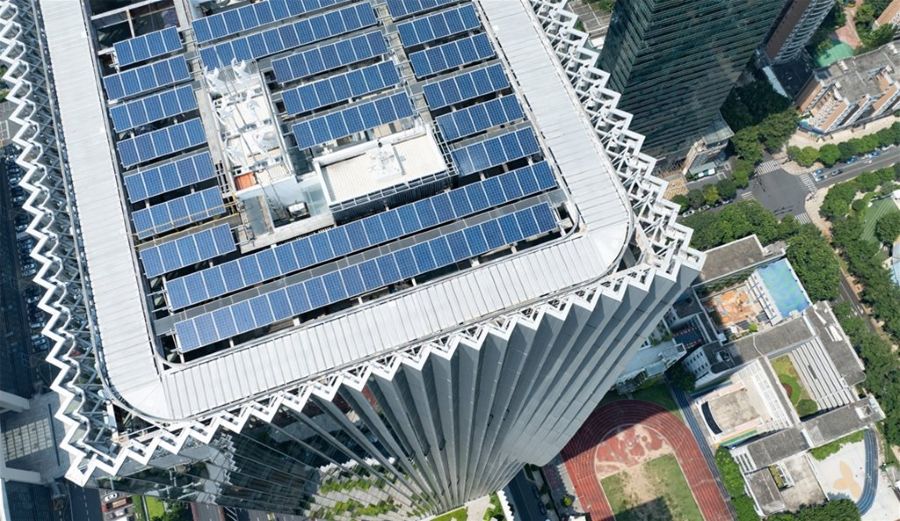Carefully retrofitting our historic homes could save up to 84% in carbon emissions, according to this year’s Heritage Counts report, published by Historic England on behalf of England’s leading heritage organisations which make up the Historic Environment Forum.
Buildings, including homes, are the third largest producers of carbon emissions in the UK today and homes alone account for 13% of all the UK’s carbon emissions.
As England has one of the oldest building stocks in Europe, with a fifth of all homes being over a century old, we need to reduce the carbon emissions from our historic homes. But this is a complex process as every building is different and how they function is affected by a range of elements, from size and number of occupants, to the impact of regional weather patterns.
New research in this year’s report shows that when comparing a traditional terraced home in North West England with an identical property in the South East, there is a 17.6% increase in heating needs for the North West home, which results in a 13.8% increase in total CO₂ emissions.

Photo - Rick McCullagh
This year’s Heritage Counts report aims to support and empower the people who look after our historic buildings. It shows the value of good custodianship, the power of small behaviour changes and the need to recycle and reuse our buildings first to reduce carbon emissions.
Duncan Wilson, Chief Executive of Historic England said: “The scale and urgency of climate change requires people to take action now to reduce carbon emissions.
“Our buildings are important sources of embodied carbon, so we know we must reuse them, rather than demolish and rebuild, but as buildings are the third largest carbon emission producers in the UK after transport and industry we must also address their daily emissions.
“From small behavioural changes to larger energy efficiency improvements this new research demonstrates that we can greatly reduce the carbon footprint of our precious historic homes, whilst maintaining what makes them special.”
Historic buildings were built to last across generations. To meet the government’s target of being carbon neutral by 2050, we know we must recycle and reuse our existing historic buildings, rather than demolishing and building new, so the CO₂ emissions already embodied within existing buildings are not lost through demolition.
Demolishing buildings not only produces millions of tonnes of waste (three fifths of all waste produced in the UK every year comes from construction, demolition and excavation) but building new has high energy costs and guzzles resources.

Photo - Philip King and Church of England Birmingham
There are no simple “one size fits all” solutions to reducing the carbon footprints of historic homes, but homeowners need to consider the retrofit option that avoids waste and avoids carbon. This means keeping on top of repair and maintenance at home to improve the condition of its existing materials. It also means planning well for a retrofit, using fewer new materials with large carbon footprints, which are often imported from abroad, and instead using natural, durable and recycled materials.
Modelled examples in today’s report show that carefully retrofitting our historic homes can lead to substantial carbon savings in the long term. Carbon emissions could be reduced by up to 84% in a detached Victorian home, 62% in a Georgian terrace, 58% in a 1900s terrace, 56% in a Victorian semi-detached and 54% in a Victorian terrace.
Adrian Olivier, Chair of the Historic Environment Forum said: “Urgent action to combat climate change is among the 2030 United Nations Global Sustainable Goals. To be effective, action must be taken at every level and by everyone, not just Governments - we are all responsible and we can all contribute - collectively and individually.
“Historic buildings are more than 20% of the total building stock in England and too often they are seen as a block to carbon reduction. The Historic Environment Forum is proud to support this Heritage Counts Research which shows a range of efficiency improvements that can be implemented relatively easily and cost-effectively.
“Empowering people to retrofit their home in a more sustainable way with effective energy saving measures will be a major step on our collective journey to net zero.”





















